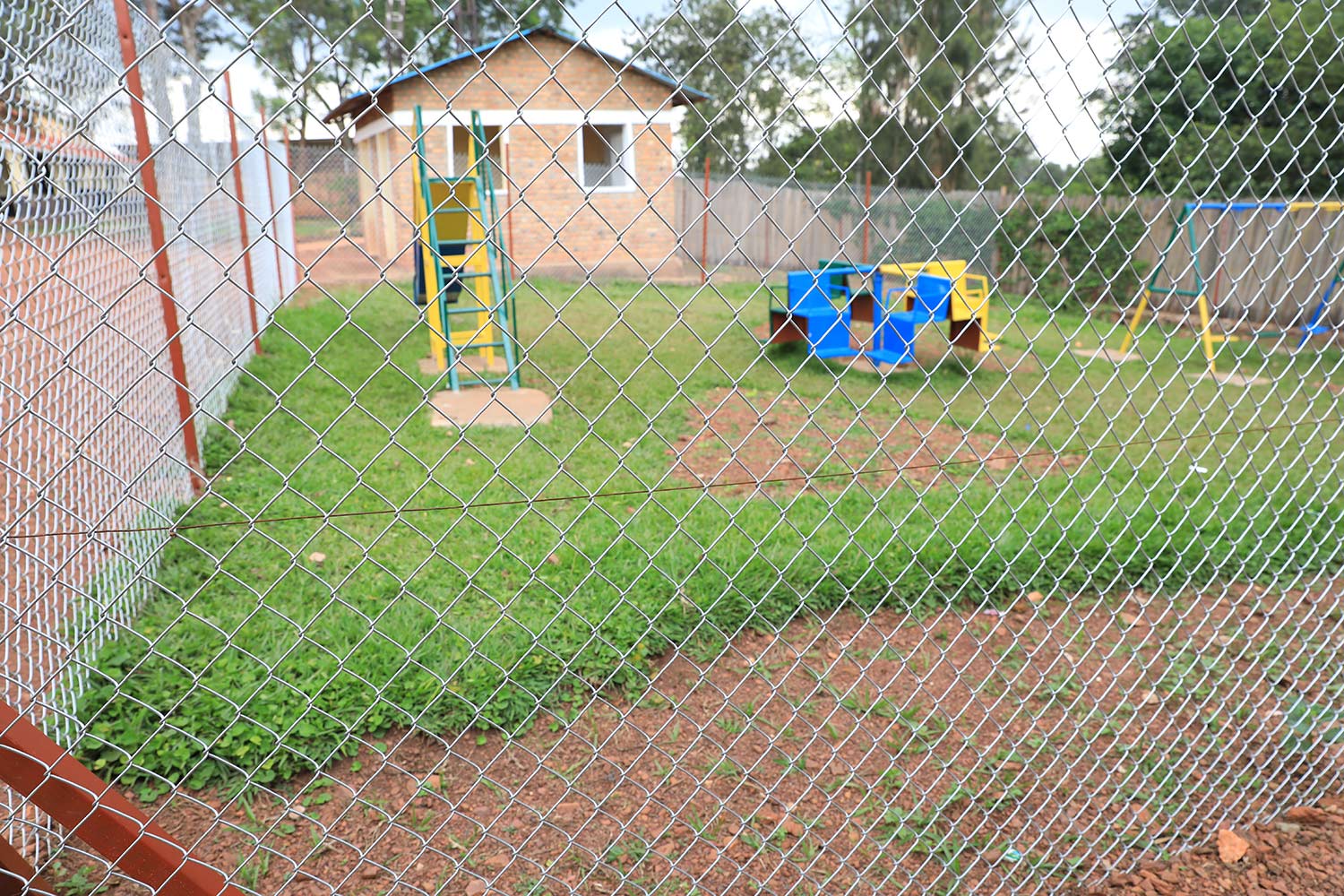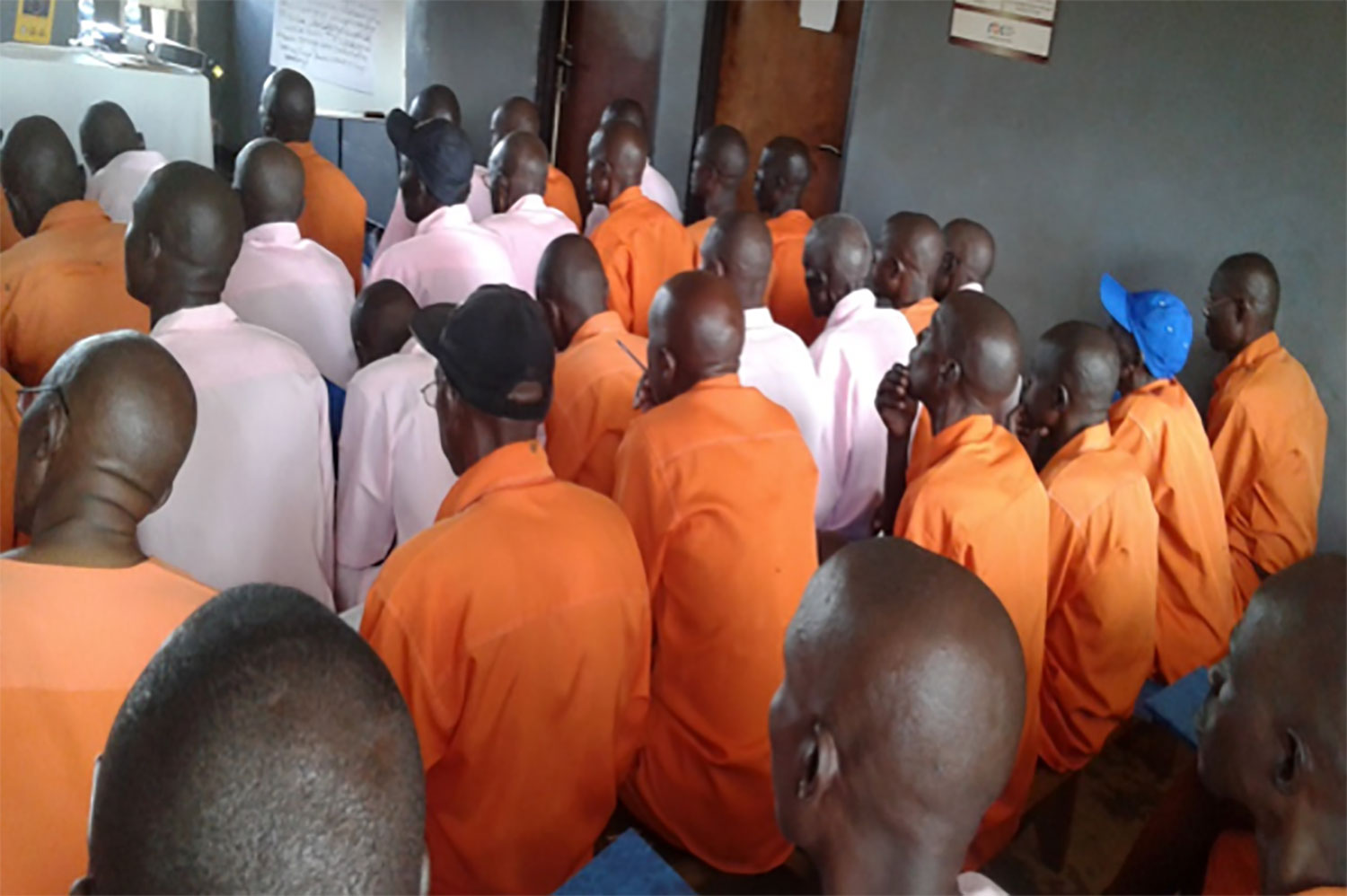The DiDé Foundation is pleased to send you this new publication of the "DiDé Flash Info" which presents its latest activities in Rwandan prisons and takes the opportunity to thank you for your continued support.
DiDé’s interventions have resumed their usual rhythm. In fact, we are pleased to be able to inform you that at the end of February the three prisons affected by the measles epidemic, namely Nyarugenge, Ngoma and Rwamagana, were declared safe by the competent authorities.
The second important news is the start of a new project targeting Nyarugenge, Huye and Rusizi prisons, a project funded by USAID, the United States Agency for International Development.
Ngoma Women’s Prison
As part of the project funded by Wallonia-Brussels International aimed at the psychosocial rehabilitation of women prisoners and children of Ngoma Prison, DiDé psychologists have focused on strengthening the support system for the separation and reintegration of children over the age of three. Thus, 5 children of the 97 who currently live with their detained mothers have been identified as needing to be prepared for their next release from prison. One of these children has already been successfully reintegrated into his original family living in the city of Nasho. This reintegration was carried out by the DiDé team and the prison staff.

Project in collaboration with Rwanda Bridges to Justice
The project in collaboration with RBJ continues in the five targeted prisons. All of the people identified as needing specific support benefit from individual follow-up guaranteed by prison psychologists and DiDé psychologists. Cases requiring psychiatric treatment were referred to the competent hospitals.
In addition, the group psychosocial therapy system is being strengthened and new talking groups are being formed. This is the case for the Rwamagana Prison which saw the creation of three new groups targeting prisoners with different characteristics, namely: elderly prisoners, prisoners sentenced to long sentences and those affected by the use and drug abuse.
At the same time, training in group facilitation techniques for “peer educators” continues. Thus, in the Bugesera and Nyarugenge prisons, the “peer educators” exchanged with DiDé collaborators on what a support group is and its specific characteristics. They were thus confronted with reflections relating to the therapeutic benefits of this tool.
In reality, the support group helps restore and consolidate social ties. Being part of a group gives the inmate the opportunity to recreate the feeling of belonging to a community, it promotes questioning through confrontation with others and reflection that is stimulated by the animator. Exercises for simultaneous speaking group sessions enabled the “peer educators” to train as facilitators.
For its part, Rwanda Bridges to Justice continues its activities of prevention and legal and legal assistance to accused and detained poor, vulnerable and / or victims of abuse. To do this, RBJ employees regularly visit prisons to identify those in need of their support. Priority for intervention is given to the most vulnerable prisoners, such as those with psychological problems.
It is in this context that the synergies and complementarities of the actions taken by RBJ and by DiDé manifest themselves in the most obvious way. In addition, the psychosocial support system put in place by DiDé allows prison staff, in collaboration with psychologists from the Foundation, to identify people showing mental fragility and / or in prolonged preventive detention. These people are then referred to RBJ lawyers who can thus offer legal assistance.
Alicia’s story (assumed name) is a demonstration of the relevance of this partnership. This 23-year-old woman was accused of theft by her former employer, who did not pay her the monthly salary as agreed when she was hired. Although she has always declared herself innocent, in the absence of evidence, she lived in pretrial detention for two years. During this period, her psychological state weakened and began to show symptoms of depression and anxiety. Thanks to the support of DiDé and, in particular of RBJ, she was finally heard by a judge who, on the basis of the analysis of the file, declared her innocent for lack of evidence. She was able to return to her family and thus be next to her sick mother.
New project funded by USAID
The DiDé Foundation started in March a project entitled "Rehabilitative justice for the promotion of reconciliation in Rwanda", which is part of a larger program called "Duteze Imbere Ubutabera" (Developing Justice) supported by ’USAID and implemented by the NGO Chemonics International.
This 15-month project is based on three areas of intervention: strengthening the right to a fair trial, increasing the capacity of the criminal justice system to rehabilitate detainees and finally, facilitating reconciliation between the community and individuals in conflict with the law.
DiDé’s interventions focus on the psychosocial rehabilitation of people in detention close to the end of their sentence, thanks to psychological support with a view to their reintegration into society. Other planned actions are the organization of reconciliation activities between detainees and victims of crimes and / or members of the community of origin.
These activities are planned inside the prisons of Huye, Rusizi, and Nyarugenge, as well as in communities living in the districts of Nyaruguru, Nyamasheke and Gasabo.
